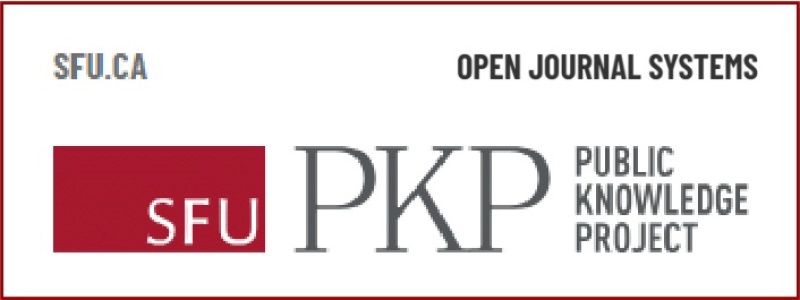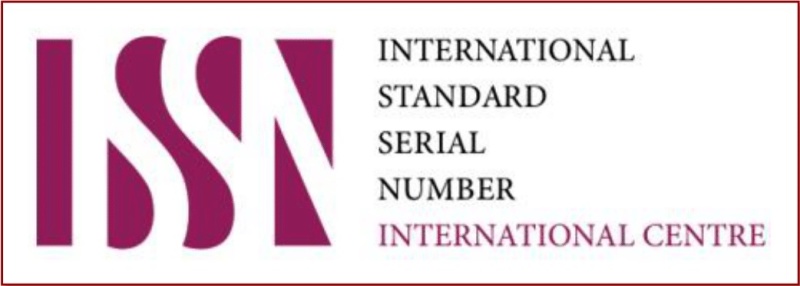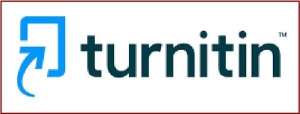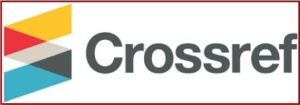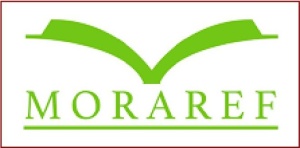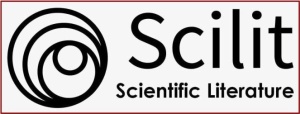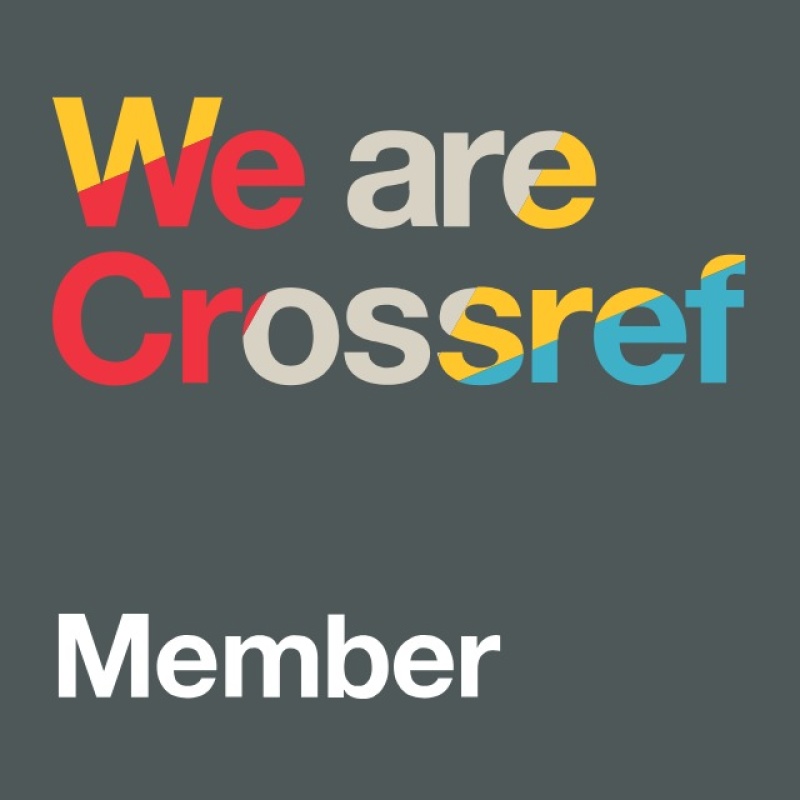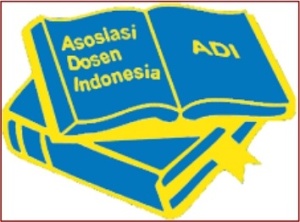Pengaruh Model Pembelajaran Langsung terhadap Sikap Ilmiah dan Hasil Belajar Kognitif Siswa
DOI:
https://doi.org/10.36312/ejiip.v2i2.87Keywords:
Direct Learning Model, Scientific Attitude, Cognitive Learning Outcomes.Abstract
The purpose of this study was to determine the effect of the direct learning model on scientific attitudes and cognitive learning outcomes for grade VII students of SMP Negeri 2 Trimurjo in the 2018/2019 academic year. This research is a quasi-experimental research with Pretest Posttest Control Group Design. The population in this study were all students of class VII SMP Negeri 2 Trimurjo with the research sample consisting of two classes, namely class VII A as many as 28 students as the experimental class and class VII B as many as 28 students as the control class taken by random sampling technique. Based on the results of the study, it is known that both classes experienced an increase in scientific attitude. The percentage of scientific attitude in the experimental class and the control class were 74.51% and 67.65%, respectively, and increased to 86.27% and 72.55%, respectively. Students' cognitive learning outcomes also increased. The average pretest scores of the experimental class and the control class were 38.92 and 45.53, respectively, increasing to 52.5 and 71.96 at the posttest. This data was then analyzed using t-test analysis (t-test) at a significant level of 5%, the t-value was 7.652, the value was greater than the t-table value of 1.674. This shows that there is an influence of the direct learning model on scientific attitudes and cognitive learning outcomes for grade VII students of SMP Negeri 2 Trimurjo in the 2018/2019 school year.
Downloads
References
Arikunto, S. (2006). Prosedur Penelitian Suatu Pendekatan Praktek. Jakarta: PT. Rineka Cipta.
Nulhakim, A. L. (2016). Pengaruh Frekuensi Pemberian Catatan Perbaikan pada Latihan Matematika terhadap Kemampuan Pemahaman Matematika. SAP (Susunan Artikel Pendidikan), 1(1), 1-10. http://dx.doi.org/10.30998/sap.v1i1.1013
Sardiman, A. M. (2007). Interaksi dan Motivasi Belajar Mengajar. Jakarta: PT. Raja Grafindo Persada.
Sa’ud, U. S. (2008). Inovasi Pendidikan. Bandung: CV. Alfabeta.
Siswati., Ekohariadi., & Sondang, M. (2014). Pengaruh Model Pembelajaran dan Motivasi Berprestasi terhadap Hasil Belajar Siswa pada Materi MS Excel. Jurnal Pendidikan Vokasi: Teori dan Praktik, 2(1), 36-40.
Sugiyono. (2013). Metode Penelitian Kuantitatif, Kualitatif dan R&D. Bandung: CV. Alfabeta.
Syah, M. (2013). Psikologi Pendidikan dengan Pendekatan Baru. Bandung: PT. Remaja Rosdakarya.
Trianto. (2009). Mendesain Model Pembelajaran Inovatif Progresif. Jakarta: Kencana.
Undang-undang Nomor 20 Tahun 2003 tentang Sistem Pendidikan Nasional. 2003. Jakarta: Pemerintah Republik Indonesia.
Uno, H. B. (2008). Teori Motivasi dan Pengukurannya. Jakarta: PT. Bumi Aksara.
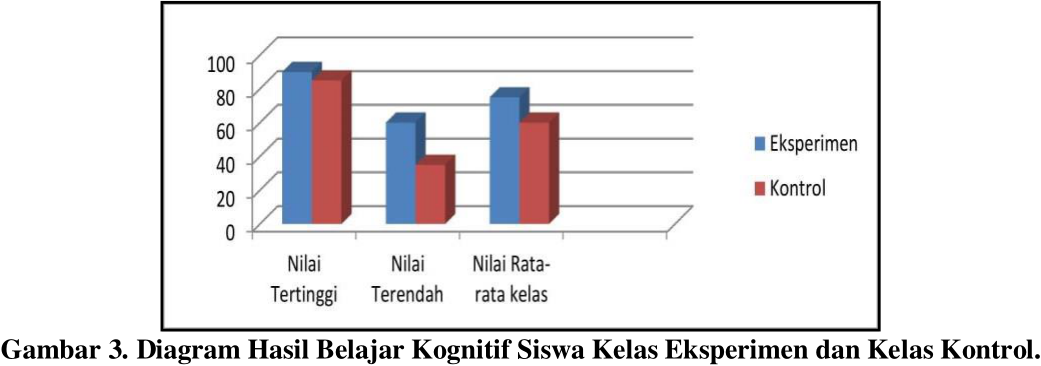
Downloads
Published
How to Cite
Issue
Section
License
Copyright (c) 2022 Lisna Iswantoro & Chandra Fajar

This work is licensed under a Creative Commons Attribution-ShareAlike 4.0 International License.
-
Attribution — You must give appropriate credit, provide a link to the license, and indicate if changes were made. You may do so in any reasonable manner, but not in any way that suggests the licensor endorses you or your use.
-
ShareAlike — If you remix, transform, or build upon the material, you must distribute your contributions under the same license as the original.

